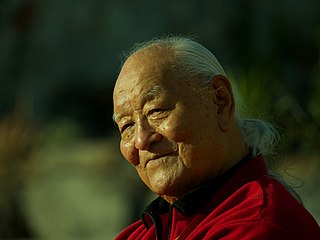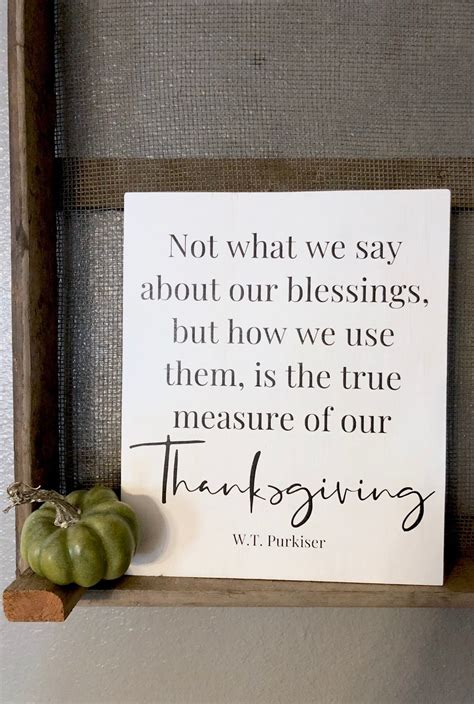A Quote by Reginald Heber
When the veil of death has been drawn between us and the objects of our regard, how quick-sighted do we become to their merits, and how bitterly do we remember words, or even looks, of unkindness which may have escaped in our intercourse with them.
Related Quotes
Kind looks, kind actions, kind words, and a lovely, holy deportment towards them will bind our children to us with bands that cannot easily be broken; while abuse and unkindness will drive them from us, and break asunder every holy tie that should bind them to us and to the everlasting covenant in which we are all embraced.
The castle-building habit, the day-dreaming habit - how it grows! what a luxury it becomes; how we fly to its enchantments at every idle moment, how we revel in them, steep our souls in them, intoxicate ourselves with their beguiling fantasies - oh, yes, and how soon and how easily our dream-life and our material life become so intermingled and so fused together that we can't quite tell which is which, anymore.
The mathematical thermology created by Fourier may tempt us to hope that, as he has estimated the temperature of the space in which we move, me may in time ascertain the mean temperature of the heavenly bodies: but I regard this order of facts as for ever excluded from our recognition. We can never learn their internal constitution, nor, in regard to some of them, how heat is absorbed by their atmosphere. We may therefore define Astronomy as the science by which we discover the laws of the geometrical and mechanical phenomena presented by the heavenly bodies.
How can the unknown merit reverence? In other words how can you revere that of which you are ignorant? At the same time, it would be ridiculous to propose that what we know merits reverence. What we know merits any one of a number of things, but it stands to reason reverence isn't one of them. In other words, apart from the known and the unknown, what else is there?
How frequent, how constant ought we to be, like Christ Jesus our example, in doing good, especially to the souls of men and especially to the household of faith (yea, even to our enemies), when we remember that this is our seed time, of which every minute is precious, and that as our sowing is, so shall be our eternal harvest.
I have been here before, But when or how I cannot tell: I know the grass beyond the door, The sweet keen smell, The sighing sound, the lights around the shore. ... You have been mine before, How long ago I may not know: But just when at that swallow's soar Your neck turned so, Some veil did fall - I knew it all of yore. Has this been thus before? And shall not thus time's eddying flight Still with our lives our love restore In death's despite, And day and night yield one delight once more
In the space between stimulus (what happens) and how we respond, lies our freedom to choose. Ultimately, this power to choose is what defines us as human beings. We may have limited choices but we can always choose. We can choose our thoughts, emotions, moods, our words, our actions; we can choose our values and live by principles. It is the choice of acting or being acted upon.
To be a religions man and to pray are really one and the same thing. To join in the thought of God with every thought of any importance that occurs to us ; in all our admiration of external nature, to regard it as the work of His wisdom ; to take counsel with God about all our plans, that we may be able to carry them out in His name ; and even in our most mirthful hours to remember His all-seeing eye ; this is the prayer without ceasing to which we are called, and which is really the essence of true religion.
Duality is the real root of our suffering and of all our conflicts. All our concepts and beliefs, no matter how profound they may seem, are like nets which trap us in dualism. When we discover our limits we have to try to overcome them, untying ourselves from whatever type of religious, political, or social conviction may contain us. We have to abandon such concepts as 'enlightenment', 'the nature of the mind', and so on, until we no longer neglect to integrate our knowledge with our actual existence.
The only things in which we can be said to have any property are our actions. Our thoughts may be bad, yet produce no poison; they may be good, yet produce no fruit. Our riches may be taken away by misfortune, our reputation by malice, our spirits by calamity, our health by disease, our friends by death. But our actions must follow us beyond the grave; with respect to them alone, we cannot say that we shall carry nothing with us when we die, neither that we shall go naked out of the world.
How strange it is that Socrates, after having made the children common, should hinder lovers from carnal intercourse only, but should permit love and familiarities between father and son or between brother and brother, than which nothing can be more unseemly, since even without them love of this sort is improper. How strange, too, to forbid intercourse for no other reason than the violence of the pleasure, as though the relationship of father and son or of brothers with one another made no difference.





































